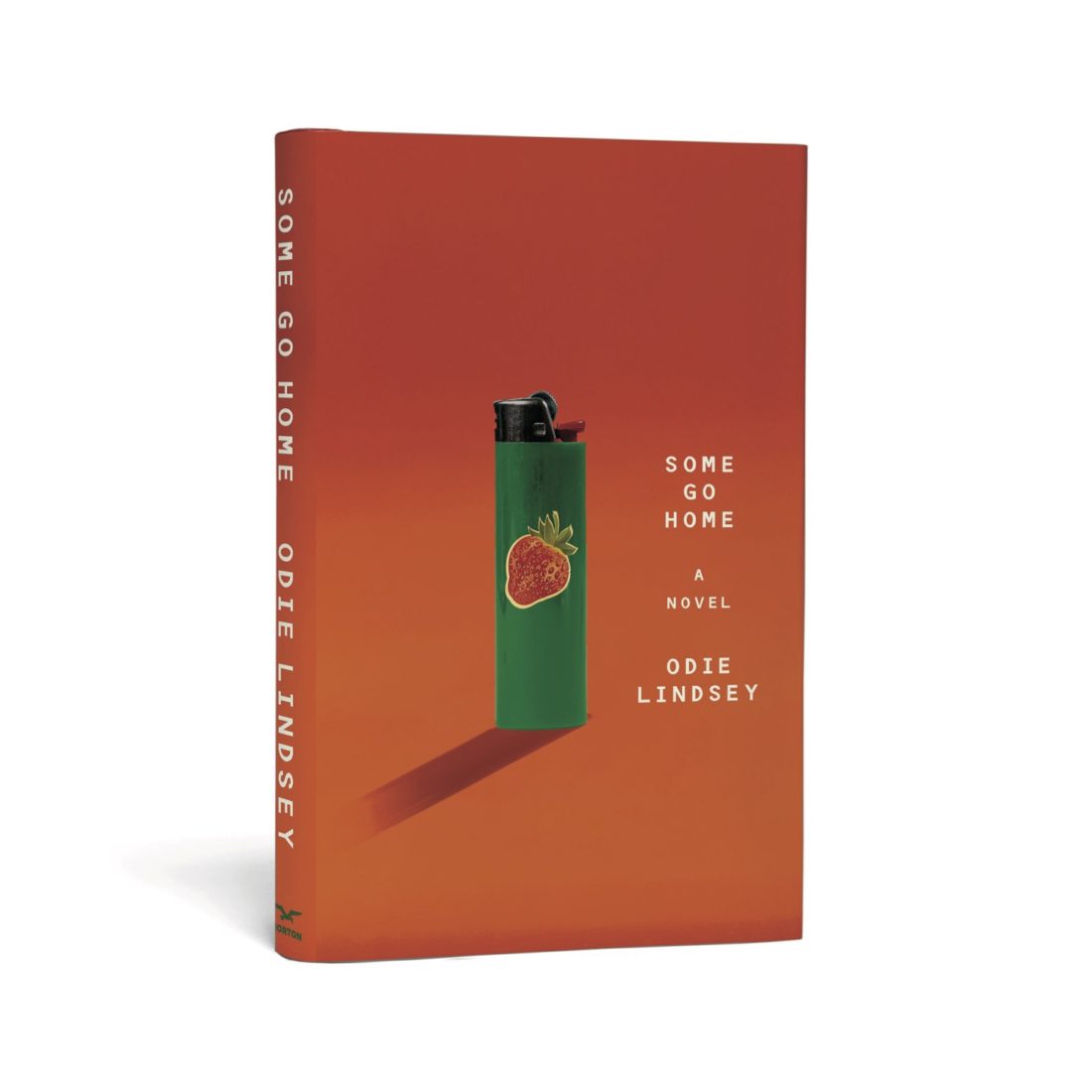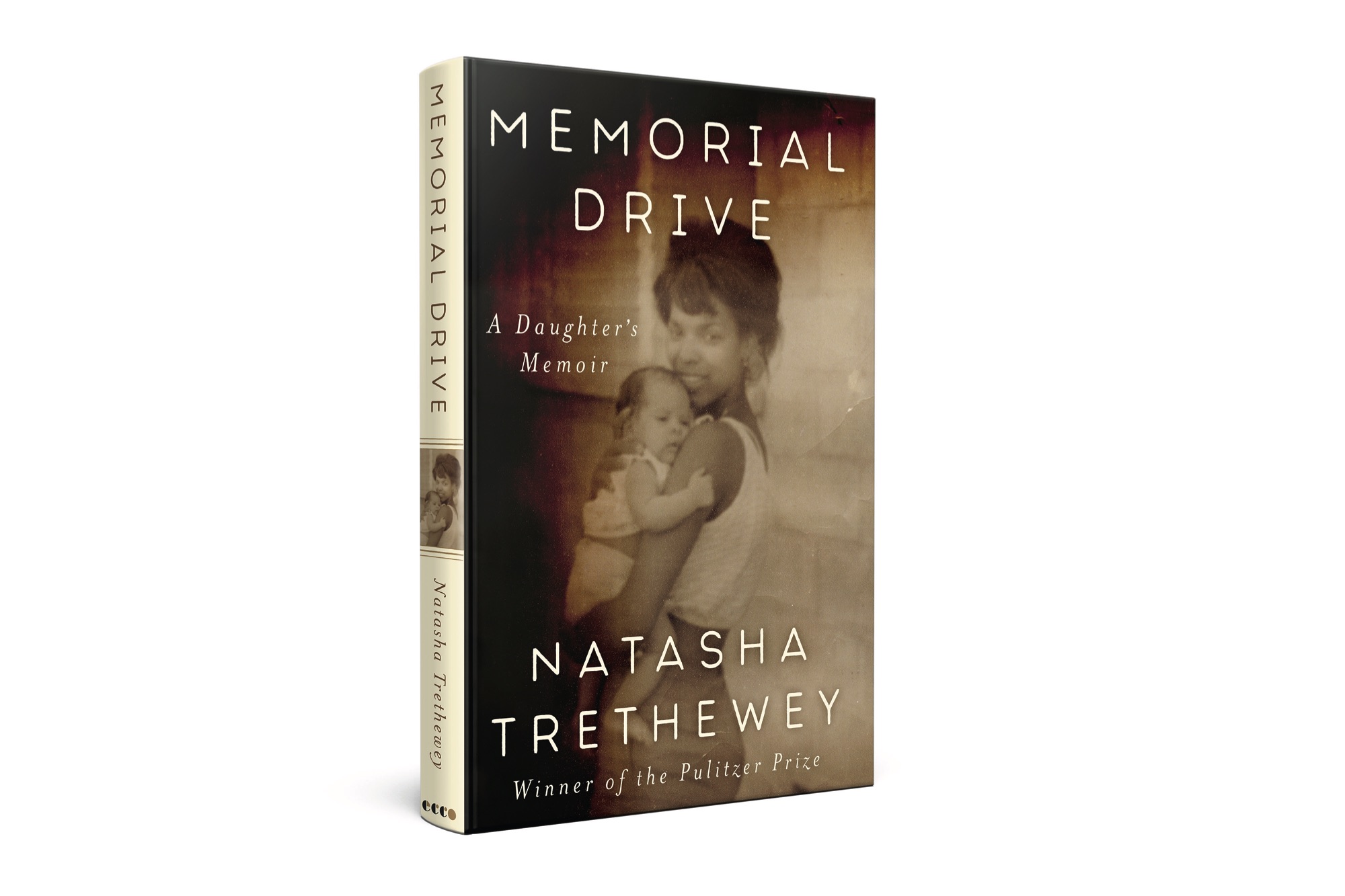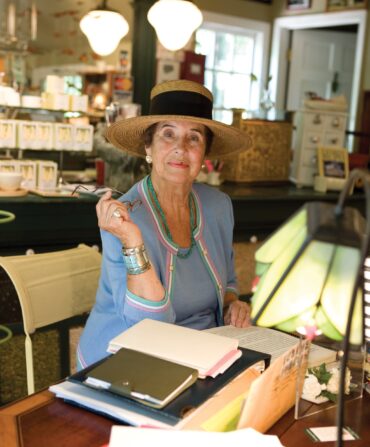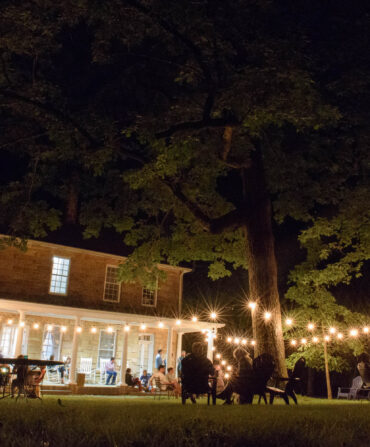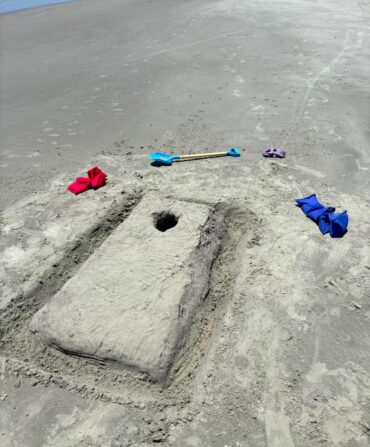Someday, if time is ever spare enough, I’ll get around to a daydream project of mine: a fictional map of Mississippi, its towns and counties drawn not from actual geography but instead from the many novels and stories the state has hosted. Just think of the imaginary road trip you could take with such a map: from Jesmyn Ward’s Bois Sauvage and Kiese Laymon’s Melahatchie, down on the Gulf coast; up through Eudora Welty’s Morgana and Lewis Nordan’s Arrow Catcher and Ellen Douglas’s Philippi in the Delta; then into the northern Hill Country to John Grisham’s Clanton and, of course, to the unofficial capital of Mississippi Lit, William Faulkner’s Jefferson and its surrounding Yoknapatawpha County. You’d be tracing a two-lane route through some of the most arresting landscapes in all of literature.
Some Go Home, Odie Lindsey’s first novel, adds a new exit ramp to that storied highway. His fictional town of Pitchlynn sits somewhere, so far as I can tell, north of Oxford and Tupelo, where kudzu blankets “the rolling expanses like some topographical quilt.” Pitchlynn’s claim to fame is Bel Arbre, a 130-foot-tall magnolia tree, “a record-setter, a marvel” that looms over a Greek Revival mansion known as the Wallis House. Its claim to infamy, however, is the 1964 murder of an African American farmer on the grounds, just before the estate, as with Faulkner’s Compson plantation, was converted to golf greens and the house relocated to town. As the novel opens, the suspect in that killing, an unrepentant white supremacist named Hare Hobbs, is being retried for the decades-old murder, and the Wallis House, now in the possession of a Chicago real-estate speculator, is undergoing a radical makeover under the direction of Hobbs’s estranged son.
Questions and concepts about restoration, then, go spreading through this novel like thorny vines, entangling Lindsey’s sprawling cast of Pitchlynnites. Chief among them is Colleen, Hobbs’s daughter-in-law, a “small-town redneck Mississippi girl,” according to her understated self-appraisal, “turned small-town redneck Mississippi woman.” Colleen, a combat veteran of the Iraq War and an unlikely beauty pageant queen, has twins on the way and symptoms of post-traumatic stress disorder. She’s also not new to print. Lindsey devoted a story to her in his searing debut collection, We Come to Our Senses (2016), and it’s easy to see why he felt compelled to give her more pages on which to smoke, fuss, fight, flail, and try to figure what it all means. She’s knotty, sharp elbowed, and unpredictable, and she has legitimate beefs against life. She’d hold her own against Larry Brown’s Fay and Faulkner’s Lena Grove.
Lindsey’s stories had the right kind of chip on their shoulders, and for the most part, at novel length, he sustains the tautness that gave those stories their hard snap. His thematic terrain may be, per one character’s formulation, “myth, history, fact, dream,” but the prose mostly avoids windiness or bombast or the equivalent of canned slide-guitar dirges. It’s lavish in just the right places. “The sun now struck them from a near-horizontal hover,” goes one interlude, “its maize-orange smoldering into rose. Twenty or so miles later, they came upon a community cast in the thinnest green of new evening, and a cluster of small farm homes un-choked by stoplight or grocery or gas station. In front of the homes was a hum of activity, from barbecue pit smoke to driveway basketball games to folks who simply hung around porches rocking, or folks who hung around yards with neighbors, their forearms at rest on defunct cars…installed on the property like sculpture.”
Pitchlynn, Mississippi, is an unwieldy place, full of hidden motives and buried griefs, and Some Go Home can also be unwieldy at times. Lindsey occasionally seems to struggle to corral his characters, plots, and themes. A climactic scene—gunfire, blood, mass casualties—arrives too fast, as though the characters, impassioned and impatient, got ahead of their creator (it happens). But a wild, overgrown novel is like a wild, overgrown garden: glutted with color, abundant with rewards, and, most important, teeming with life. Rich soil is what yields such a garden, and maybe it’s the same for novels. Pitchlynn is a vital new locale on that Mississippi map, an exit worth taking.


